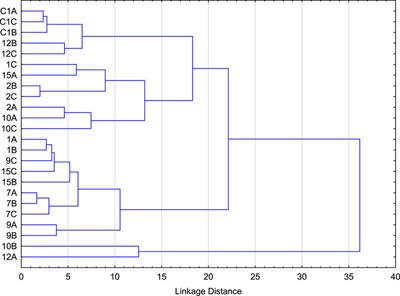EDITORIAL
Published on 15 Jul 2022
Editorial: Microbial advances towards sustainable environment: Microbiome structure & integrated technologies
doi 10.3389/fmicb.2022.971696
- 1,885 views
- 1 citation
7,490
Total downloads
34k
Total views and downloads
You will be redirected to our submission process.
EDITORIAL
Published on 15 Jul 2022
ORIGINAL RESEARCH
Published on 09 Mar 2022

REVIEW
Published on 30 Nov 2021

ORIGINAL RESEARCH
Published on 11 Oct 2021

ORIGINAL RESEARCH
Published on 25 Aug 2021

